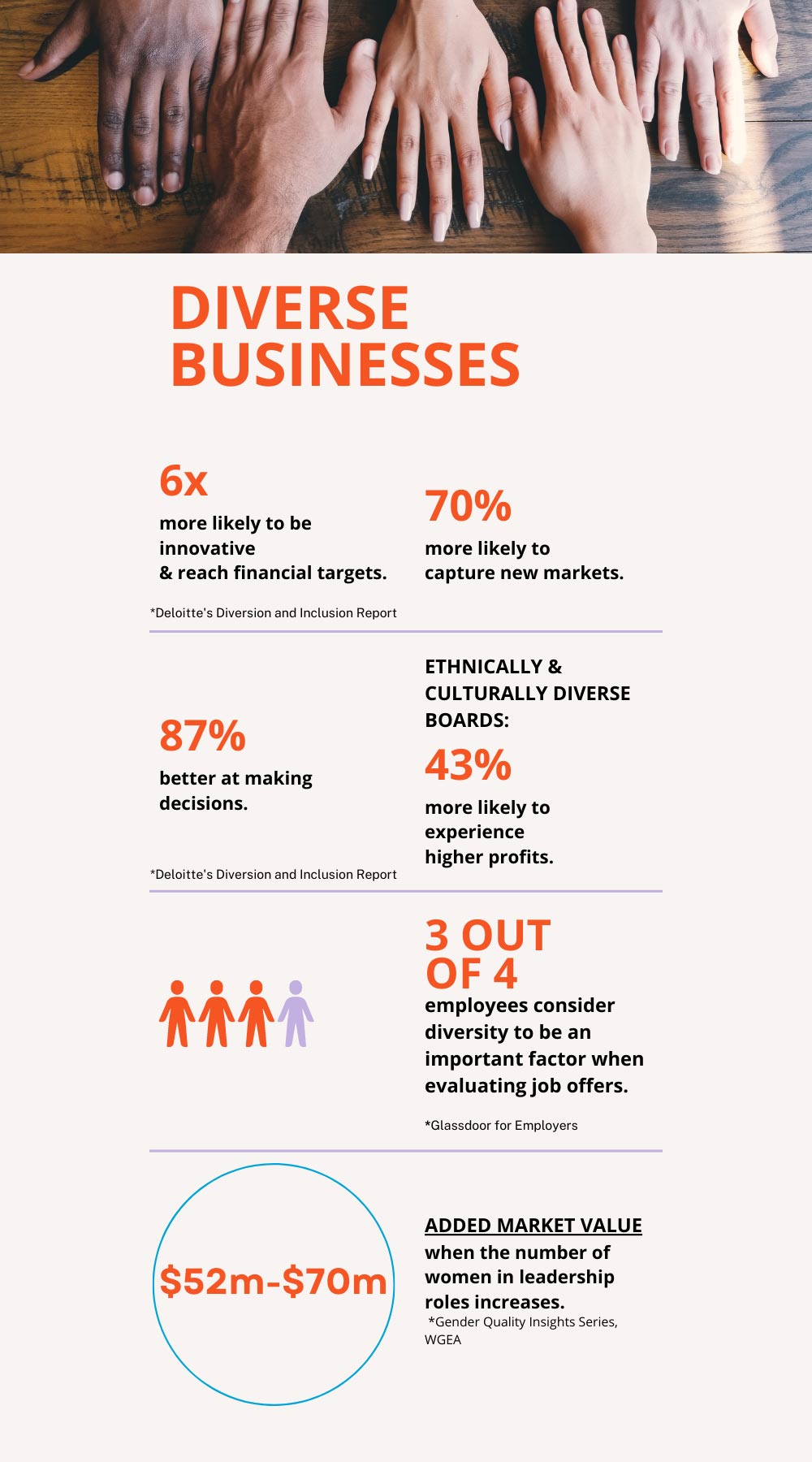Although the numbers may not look encouraging, there are in fact many successful and inspiring women leaders.
Melanie Perkins (CEO and Co-Founder of Canva), Amy Hood (CFO of Microsoft), Mary Barra (CEO of General Motors), and Christine Largarde (president of the European Central Bank) just to name a few.
Women business leaders encourage other women that change is possible and that leadership roles are no longer out of reach.
Julia Boorstin, author of the book When Women Lead, interviewed over 100 women leaders and learned 4 main traits that make them successful:
1. Empathy
To see things from another person’s perspective is vital. Good leaders understand the situations their customers and employees face and are truthful and authentic. When the COVID-19 pandemic hit, people needed leaders who were empathetic and compassionate not just rational.
Jessica Kahl believes a key skill in leaders is compassion. She says “without care of the people you employ and work with, nothing will ever really get done. When you put people first, your purpose and profit will follow through”.
2. Vulnerable
Successful leaders acknowledge that they do not know everything, nor can they do everything. They ask questions, invite input from others, and delegate.
3. Look for an additional purpose
Besides reaching financial targets, good leaders pursue other goals such as social justice or environmental causes.
4. Lead in a communal way
Good leaders bring in perspectives from across their organisation and do not make decisions in isolation. They foster collaboration and promote open communication.













